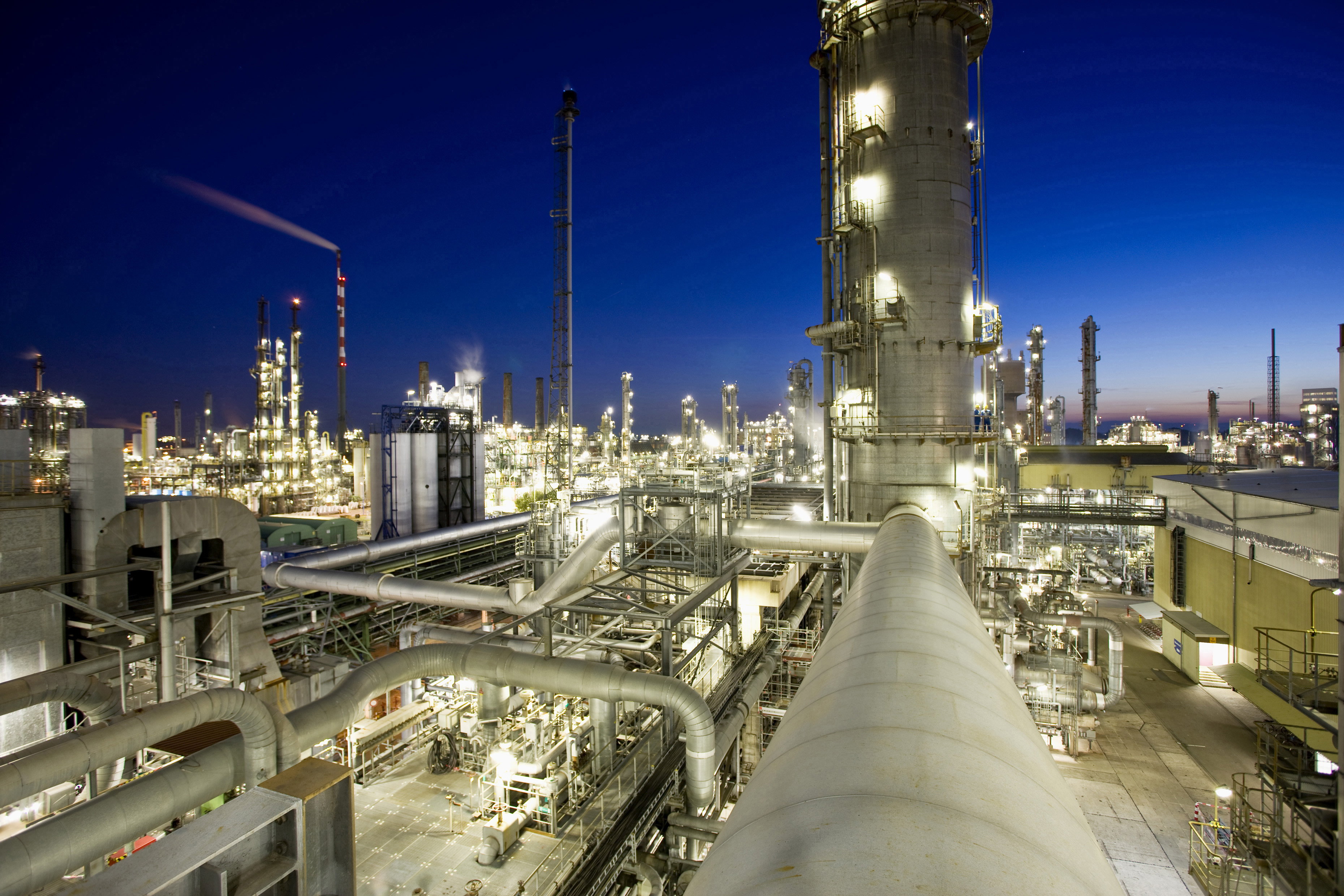German economy minister wants to lower industry electricity costs with billions in subsidies
German economy minister Robert Habeck has proposed billions in state subsidies to supply energy-intensive industry players that compete internationally with cheap electricity, so long as they agree to reach climate neutrality by 2045 and remain in the country.
“Germany needs its basic industries just as much as future industries,” said Habeck in a press release. Industry is already in the process of switching to climate-friendly ways of production, but the state “must support this path, because it will ensure that we remain a strong, competitive location with sustainable jobs,” he said.
Earlier this week, chancellor Olaf Scholz (SPD) and finance minister Christian Lindner (FDP) criticised plans for large-scale subsidies, and Habeck’s proposal is bound to be widely discussed by the cabinet and – should it go forward – also by parliament. Habeck said he aims to discuss the proposal with stakeholders from industry, associations and with politicians.
Amid the energy crisis fuelled by Russia’s war against Ukraine, both private and commercial consumers have faced drastic price increases for gas, oil, coal and electricity. The government has introduced support schemes to help industry, but these are only temporary. Thus, some politicians have called for subsidies to bring electricity prices for energy-intensive industries down to a few cents per kilowatt hour from January 2024.
Habeck insisted that subsidising electricity is necessary. "The different measures of last year have stabilised the industry, but we must not gamble away the success," he said, adding that despite recent decreases, electricity remained 2-3 times more expensive than before the war in Ukraine.
Throughout the 2020s, Habeck is proposing a “bridge electricity price” of 6 cents per kilowatt hour (ct/kWh) for a “clearly defined circle of recipients”, and for 80 percent of their consumption.
The price would be based on the average trading price and not the individual electricity price of the company [more on industry power prices here]. If the average annual price on the electricity exchange exceeds 6 ct/kWh, companies get reimbursed the difference. The actual procurement of electricity is carried out by the companies independently of this mechanism. “The companies thus continue to have the incentive to procure electricity as cheaply as possible in line with the market,” writes the economy ministry.
Based on current future electricity prices, 25-30 billion euros of state funds would be needed until 2030, said the economy ministry. It proposed to finance this from the Economic Stabilisation Fund the government had used to finance of the package of measures mitigating the consequences of the energy crisis.
Chemical industry association VCI called the proposals “a clear game changer” for international competitiveness. “The industrial electricity price helps us to secure production and industrial value creation and to master the transformation to climate neutrality even better. The whole of Germany and Europe benefits,” said the lobby group’s head Wolfgang Entrup. He added that the industry price cannot be a permanent solution, but must provide “a bridge into the future” because there is no alternative solution. Chemical and mining union IGBCE said an industry power price would give companies the security they needed to shoulder the massive investments necessary to make their production more climate-friendly.
Hefty subsidies by Europe’s economic powerhouse for its domestic industry are bound to irk neighbouring countries with less financial leeway.
Some EU countries had already introduced similar measures or were preparing to do so, says the economy ministry. However, “we are aware of the concern of other member states that Germany could unilaterally distort competition due to its financial strength,” it writes. The government would therefore “enter into a constructive exchange with the European Commission on all competition-relevant questions.”
For countries that cannot support their industries on their own, the ministry proposes to set up a “temporary special programme European Bridge Electricity Price” which could supply loans with favourable conditions.
In the long term, Habeck proposes that industry receives cheap electricity from new renewable energy installations. The state would enter so-called contracts for difference (CfD) to help build the facilities, or back direct power purchase agreements (PPA) between producers and industry consumers with guarantees to reduce the risk premiums in the contracts.
There is no single power price for industrial consumers, but instead an exceptionally broad range of prices. Due to a complex system of taxes and levies, they depend on how much power companies need, when they need it, how they source it, whether they compete with rivals abroad, and many other factors.

